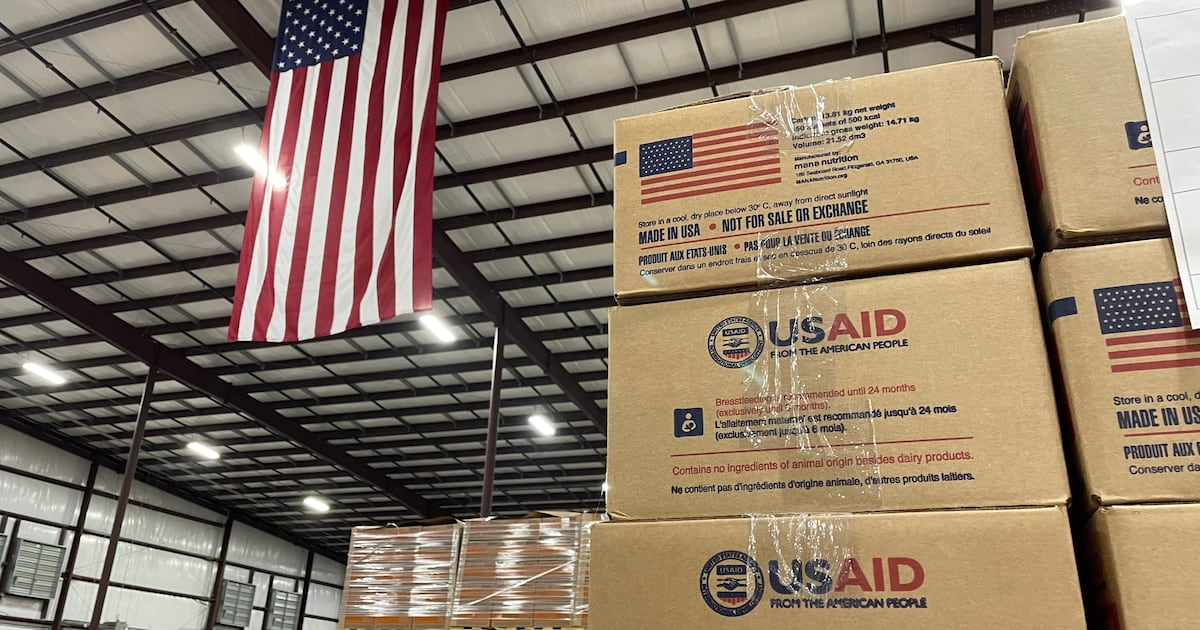
AOL will likely become its own company again shortly, ending one of world’s most spectacularly failed mergers. It didn’t have to end this way.
Despite how badly things went from the beginning of the AOL-Time Warner merger, it would be wrong to just assume it was a bad idea. In fact, I would argue it was a good idea that was never given a chance.
No one at the top of the company really tried to persuade the people in charge of their brands that they needed to try to make this deal work.
The promise seemed obvious. One of the world’s foremost content companies was merging with one of the largest distributors of online content. Content meets customers. Sounded perfect.
That is not to say there weren’t problems with the deal. Clearly, it was later learned, AOL had done some very improper things that inflated its revenue. So it wasn’t everything it was supposed to be.
But it was a leading Web portal with millions of users on their platform. The idea that you could put world-class content in front of a huge audience wasn’t a bad one.
But the execution was a disaster from the beginning.
Most of the key people at Time Warner resented AOL and thought of it as a waste of their money and time. Not very many people were involved in doing the deal, so almost no one felt they had a stake in making it work. And no one at the top of the company really tried to persuade the people in charge of their brands that they needed to try to make this deal work. Many feared that the AOL team would try to take over the entire company. So they froze out their new cousins and refused to work with them.
It became widely known in the content world that it would be easier to get a distribution deal with AOL if you were outside of Time Warner than if you were inside. The great brands of Time Warner, CNN, HBO, Fortune, and Sports Illustrated to name a few, put their content almost anywhere else on the Web rather than on AOL.
There is a troubling trend in the media world of companies throwing up their hands after deals and saying “Oops, it just didn’t work. We guessed wrong.” But in fact, the real villain may have been not the idea, but the failure to execute and bring people together. In all mergers, a key issue is trying to blend different cultures. It never happened at AOL-Time Warner.
AOL never behaved like a Time Warner company. At Time Warner, content is king. Editors have as much or more power than publishers. The editorial product was considered the primary asset of these products. At AOL, it was the equivalent of the “circulation” and “marketing” departments that ran the company. There were no strong editors at the top of AOL who worried about making sure they were serving their audience with the right editorial product. During most of AOL’s existence, their audience was forced to stay on the AOL platform by technology, so they just didn’t worry about losing them to the outside Web.
Instead, marketers dominated the business. Sending out billions of CDs to get people online, these marketers were selling connectivity to the Web, not an editorial product. If they connected to the Internet through AOL, it was just assumed that AOL owned them.
How Time Warner could make that kind of mistake is beyond me. Why didn’t they put a great content guru at the top of that division is one of the great mysteries of this deal.
And why no one forced the content brands of Time Warner to work with AOL is another such mystery.
They took their eye off the ball. Without strong editorial leadership, AOL did deals that worked for their business-development group but not necessarily for their users. So when they started to lose their dial-up customers, and when more and more people signed up for high-speed Internet connectivity, AOL could no longer keep them on the site because, well, the site just wasn’t that good. Others were doing much better work on the Internet and AOL’s viewers could reach them as easily as AOL content.
What happened to management at the two companies after the merger? Were they held in any way accountable for blowing billions of dollars of shareholders’ money by failing to execute the deal they made?
Not really. In fact, when they finally do roll AOL out of Time Warner, which appears imminent, they will essentially just say, “Never mind.”
Larry Kramer is senior adviser at Polaris Venture Partners, a venture-capital firm. He served as the first president of CBS Digital Media. Prior to joining CBS, Kramer was chairman, CEO, and founder of MarketWatch. Kramer spent more than 20 years as a reporter and editor at the San Francisco Examiner, The Washington Post, and the Times of Trenton.






